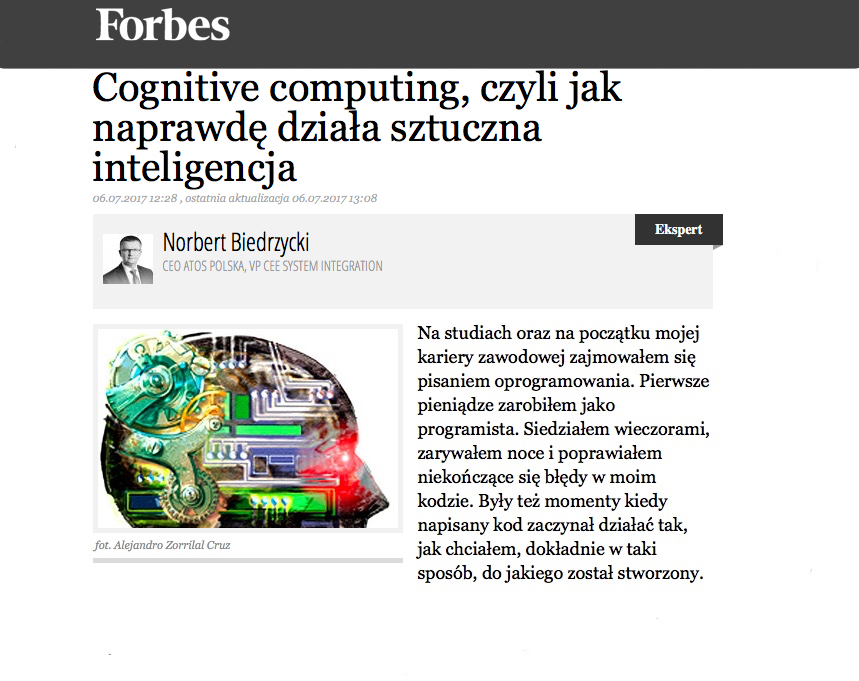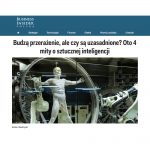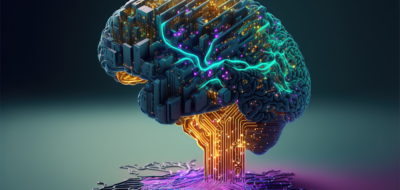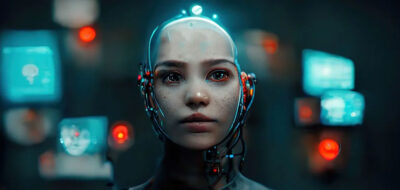My article in FORBES published 7th of July 2017.
As its users, we have grown to take technology for granted. Hardly anything these days is as commonplace and unremarkable as a personal computer that crunches numbers and enables us to read files and access the Internet. Will computers ever amaze us again in any way? Some potential for amazement may lie in cognitive computing – a skill-set widely considered to be the most vital manifestation of artificial intelligence.
Back during my university days, and later at the outset of my professional career, I wrote software. I earned my first paycheck as a programmer. I often stayed up late and even pulled all-nighters correcting endless code errors. There were times when the code I wrote finally began to do just what I wanted it to, serving its intended purpose. In time, such moments became more and more frequent. I often wondered if programmers would ever be replaced. But how and with what? The science fiction literature I was into abounded with stories on robots, artificial intelligence and self-learning technologies that overstepped their boundaries and began to act against the rules, procedures and algorithms. Such technologies managed to learn from their mistakes and accumulate experience. It was all science fiction then. A computer program that did anything other than the tasks assigned to it by its programmer? What a delusion. But then I came across other concepts, such as self-learning machines and neural networks.
As it turns out, a computer program may amass experience and apply it to modify its behavior. In effect, machines learn from experience that is either gained directly by themselves or implanted into their memories. I have learned about algorithms that emulate the human brain. They self-modify in the search for the optimal solutions to given problems. I have learned about cognitive computing, and it is my reflections on this topic that I would like to share in this article. ….
Link to the full article (in Polish)
Related articles on my blog:
– Only God can count that fast – the world of quantum computing
– Machine Learning. Computers coming of age
– According to our computers … You don’t exist
– What a machine will think when it looks us in the eye?
– Fall of the hierarchy. Who really rules in your company?
– Blockchain has a potential to upend the key pillars of our society










Tom Jonezz
Current cryptography depends on math problems that might take too long for anyone to even bother wasting computer resources on, but they’re solvable. And the bad news is that quantum computers with 1,000-qubit power could solve them in moments, not ages. The current public- and private-key encryption and digital signatures are based on megabyte-size algorithms.